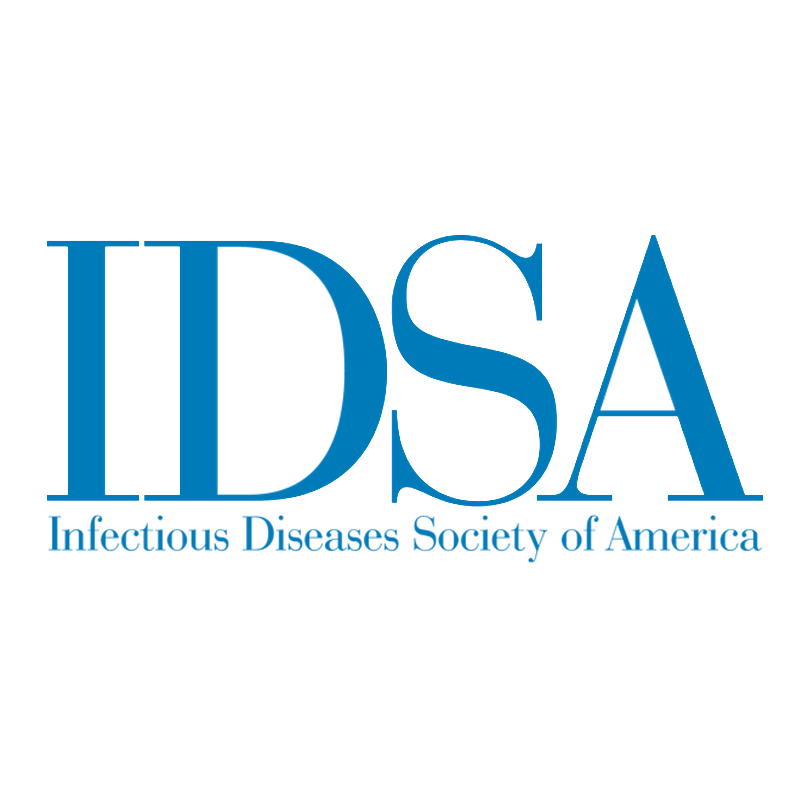Article
New C Difficile Guidelines Prioritize Fidaxomicin
Author(s):
IDSA and SHEA released 3 new evidence-based recommendations for treating CDI.

This article was originally published in ContagionLive.
New guidance from the Infectious Diseases Society of America (IDSA) and Society for Healthcare Epidemiology of America (SHEA) includes 3 new evidence-based guidelines for the treatment of Clostridioides difficile infection (CDI) in adults.
The guidelines, developed by a multidisciplinary panel with representatives from IDSA and SHEA and announced on June 24, include 3 recommendations on suggested treatments for patients with initial and recurring CDI episodes, based on new data for fidaxomicin and for bezlotoxumab, a monoclonal antibody targeting toxin B produced by C difficile.
The guidelines call for patients with an initial CDI to be treated with fidaxomicin as opposed to vancomycin.
According to the panel, the recommendations are the result of systematic review of available evidence and an assessment of the benefits and harms of alternative care options.
The panel adhered to the Grading of Recommendations Assessment, Development and Evaluation (GRADE) approach to assess the certainty of the evidence and strength of recommendations.
The guidelines are intended to aid clinicians in determining which treatments are best for individual patient scenarios.
The guidelines, “Clinical Practice Guideline by the Infectious Diseases Society of America (IDSA) and Society for Healthcare Epidemiology of America (SHEA): 2021 Focused Update Guidelines on Management of Clostridioides difficile Infection in Adults,” was published online in Clinical Infectious Diseases.




